Little Mozart Music Program
Online Music Platform Bringing Top-Tier Music Lessons to Your Home.

Why Choose the Little Mozart Music Program?
As the most comprehensive Online Music Platform for both children and adults, the Little Mozart Music Program brings top-tier music lessons to your home. Based on over 30 years of experience teaching across three different continents in various conservatories and colleges, the LMMP was designed by the most respected music teachers in the world. However, in these times when our home becomes our classroom, we need to deliver top-tier music training from a distance. That’s why the LMMP is designed to bring top-quality music education to your home while still remaining affordable for most families.
When it comes to learning a new musical instrument, the quality of the lessons taken from the very beginning makes a massive impact on the potential success of the student. Understanding how crucial those first few lessons can really be, I became inspired to develop an online program that delivers quality directly to your home. I strive to make our online program just as effective as in-person lessons from a top-tier instructor.
Unlike most other online platforms, we encourage you to interact directly with us from any place in the world. On top of providing you with real-time interactions with the best music instructors, our program also guides and walks you through everyday practice and much more. Once you start using LMMP, you will quickly grasp the philosophy and methodology need to successfully learn a new musical instrument.
Welcome to the start of your musical journey!
Ruben Camacho
Founder
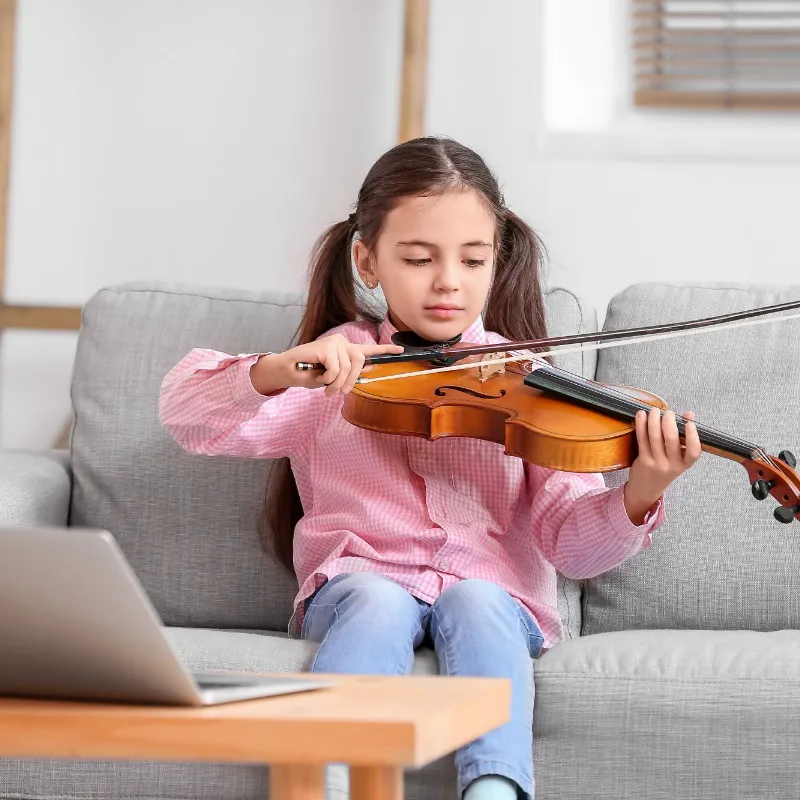
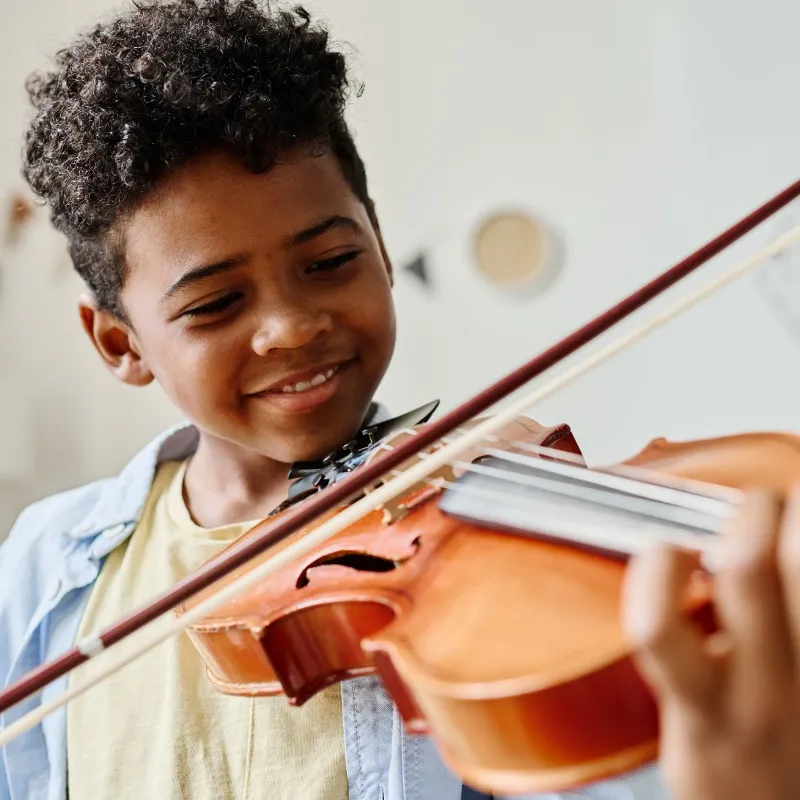
Why Do We Want to Bring Classical Music to You?
According to current research, learning music at an early age benefits children in a wide variety of ways including:
- Develops both hemispheres of the brain
- Increases IQ
- Facilitates learning other subjects
- Facilitates the development of language skills
- Creates self and team discipline
- Children involved in music have larger growth of neural activity than children not learning music
While the above reasons are all very important and valid to the Little Mozart Music Program, those are not the only reasons for our passion for music education.
Given our current education system, we wonder what the real purpose of education is. Is it really just for introducing information to our children or should there be something deeper that our kids can grasp from education? We believe that education is much more than just introducing new information to your brain; education should make you an overall better person by developing a framework of values.
Developing discipline, perseverance, resilience, and love for beauty from an early age builds the vision and foundation through which you will see the world as you grow. It serves as a basis that influences all experiences. For example, if you develop a taste and a habit of eating healthy food from an early age, odds are you’ll continue those healthy habits throughout your life. In that same way, by seeing and experiencing beauty at a young age, you’ll live a lifestyle of seeking beauty in everything you do in life leading to far more overall life satisfaction. At a young age, we can also understand the importance of learning by making mistakes and standing back up after we fail to build the resilience and strength required to lead a successful life. By nurturing and developing these values from an early age, you set yourself up to become a better, stronger person who can handle anything life throws at you.
Our Mission
Little Mozart Music Program strives to bring the beauty and genius of classical music directly to your home. By bringing our program directly to your home, we aim to make it affordable for everyone to learn high-level classical music.
Our Values
Through learning classical music, you teach your children some of the most crucial values a child must learn. Beauty, Discipline, Resilience, and Perseverance are just four of the key values you and your children learn when you decide to step into the world of classical music. With these values in mind, LMMP is committed to helping our students develop these values to provide a stronger foundation for their overall education.
How It Works
1
REGISTER
2
CHOOSE A PLAN
3
START YOUR MUSIC JOURNEY
We Don’t Underestimate Your Child’s Potential
If you have questioned whether the education your kid is receiving challenges him or her enough, you are not the only one. In fact, not even half of 12th-grade math students feel they are learning on a regular basis. This also affects younger students with over a third of 4th-graders claiming their math homework is too easy. So, we should seriously consider if the education our children experience is preparing them for the real world, or for a “bubble” world. Although good pedagogy is a big part of the equation when having a high-level education, experiencing and overcoming challenges are equally, if not more, important. Of course, challenges should be introduced in a manner that the student can handle. This is where learning a musical instrument creates the perfect challenge for any student.
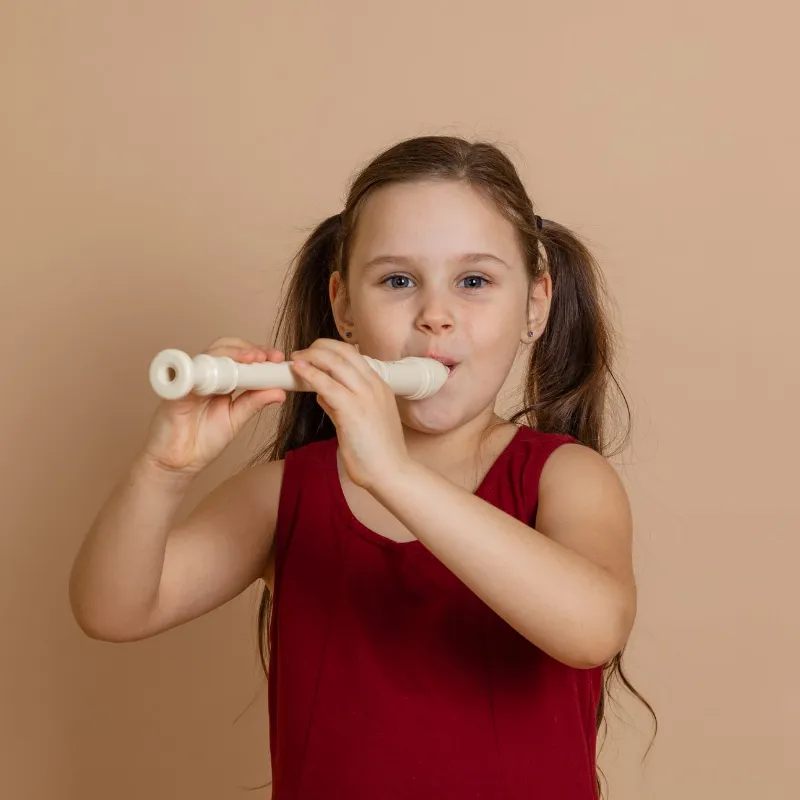
When learning a musical instrument, you must repeatedly practice the same movement until they are mastered allowing the student to challenge themself as they see fit. The repetition creates new neuropaths in your brain and body, but the challenge of the movements must be progressive and constant in order for the neuropaths to fully form and continue developing. This is what I call “learning in layers”.
When learning a musical instrument you start with one layer of information, then you reinforce it through repetition until it becomes second nature to the student. At that moment you start introducing a second layer, then a third, and so on. Playing an instrument can be compared to an onion. You only see the onion as a whole, but a person playing an instrument understands that the music produced required mastering many movements and information (or layers), that together form a single goal.
For comparison, someone who can multiply or divide numbers in a seemingly natural way slowly developed that skill set over time. They were not naturally able to multiply or divide that way since they first learned the concepts, instead, it came from extensive training, learning, and challenging themselves. These same concepts also apply to your brain. Without training and challenging it on a regular basis, its processes never improve.
With that said, every challenge has to be met progressively over time. If you have more than one kid or like in my case, have been teaching for over 30 years, you realize that kids learn in significantly different ways. Not only do they process information at different speeds, but they also go develop those processes differently with those processing speeds varying as they grow. For example, I personally see some kids start learning at a slower speed then once they understand the core concepts, they begin picking up on new information much faster. It is like they start seeing things on a different plane. However, this also happens in the other direction. Some kids pick up the basics very quickly when they are interested in something new then their learning begins to slow down for a period of time until it picks back up again. However, neither of these scenarios is right or wrong, it just depends on how the child processes new information at that period of their life. But, in both scenarios, a challenge should always be present regardless of how fast or slow the child is currently learning new information.
Are kids spending too much time on screens and listening less?
As parents, we are all concerned about the amount of time our kids (and sometimes ourselves) spend on computers, tablets, and phones. That’s why we have created audio-only alternatives with all of the material you need to practice. This way, you can still learn music without spending even more time in front of a computer screen. You can also alternate between the audio-only alternative and video instructions to further your learning.
But there is more to that point than just spending less time on a screen. You’ve probably noticed how kids struggle to hear exactly what you or someone else says to them. The reason for this issue is simple: kids have become more visual and less auditory. With modern media, their visual senses develop quickly as their auditory senses lack the exposure required to develop effectively. So, with our program, we help kids develop their auditory senses through audio-only learning that requires a child to listen to the information in order to understand the content.
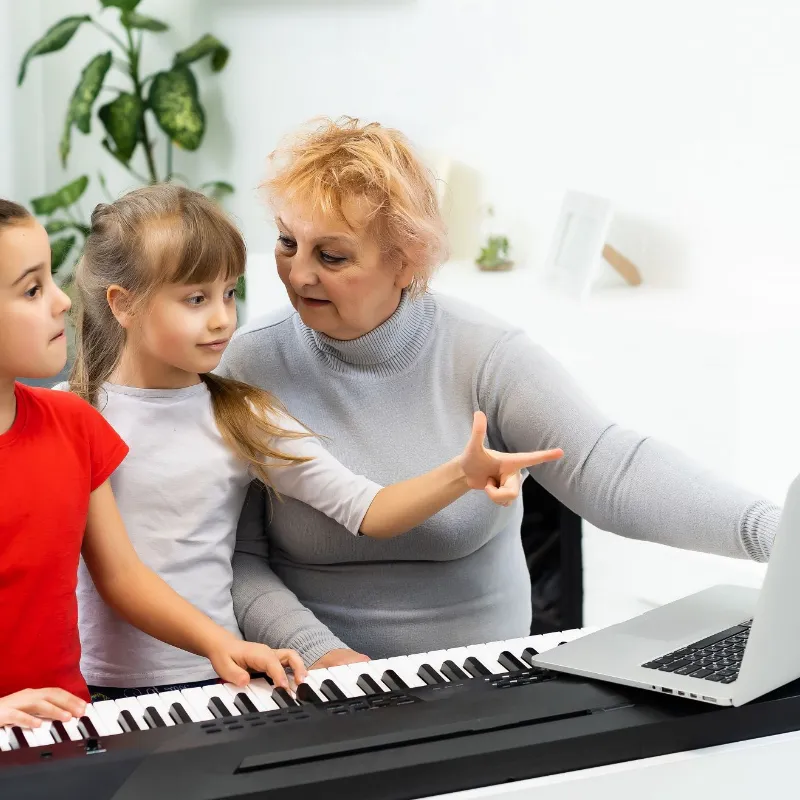
What to expect from the Little Mozart Music Program?
If you have questioned whether the education your kid is receiving challenges him or her enough, you are not the only one. In fact, not even half of 12th-grade math students feel they are learning on a regular basis. This also affects younger students with over a third of 4th-graders claiming their math homework is too easy. So, we should seriously consider if the education our children experience is preparing them for the real world, or for a “bubble” world. Although good pedagogy is a big part of the equation when having a high-level education, experiencing and overcoming challenges are equally, if not more, important. There are many preparatory movements that a child engages in before the actual movements of walking can even begin.
Even though you may not be aware of these movements, they are extremely important in order for a child to learn how to walk. They prepare the child and set the right conditions so that the next movement that brings the child closer to walking comes in a natural way. When you learn a musical instrument, you want to play that instrument in a natural way that feels as though it’s second nature with minimal resistance from your body and mind. You want it to become as natural as walking, eating, or speaking. But, to arrive at that point, you must move towards it step-by-step just like you did when learning to walk.
Repetition is very important but only if the correct movements are repeated. The only movements that you want to become second nature are the right ones. Repeating the wrong movements will cause those incorrect movements to become second nature and fixing those incorrect movements once they become second nature is extremely difficult.
Logically, depending on the age and maturity of your child, the timing of his/her development will be different. For learning anything new, it is very important that we always keep this in mind. Just like with walking, the first steps are the ones that take the longest. Teaching a child to learn the proper position of the violin and bow may seem easy, but putting these movements together correctly and actually playing the violin with the correct position takes time for everyone
Culture
At the Little Mozart Music Program, we bring the culture of Classical music directly into your home. Culture is defined as the enlightenment and excellence of values, taste, attitudes, and practice acquired by intellectual and aesthetic training. Since the ancient Greeks, our Western culture has significantly developed in knowledge, beauty, and values. From our perspective, these milestone achievements are invaluable and worth preserving and developing.
That’s why we not only teach music for the scientific and psychological benefits attributed to learning music but also to keep the culture of Classical music alive.
Adults
Here at the Little Mozart Music Program, we don’t only see the benefits of children and young adults learning music, but for adults as well. In our experience, we see how adults of all ages who develop and acquire new skills derive pleasure from learning new information. It also gives adults the opportunity to continually grow. One of our students started at the age of 70 and it is absolutely beautiful to see how much she has learned in the last few years. She has gone on to join a small ensemble at her church, give small recitals, and play for friends and family. As soon as she finishes a lesson, she starts looking forward to her next one so she can keep challenging herself with new pieces that require more skills. With the Little Mozart Music Program, anyone can bring the beauty of music into their life.
